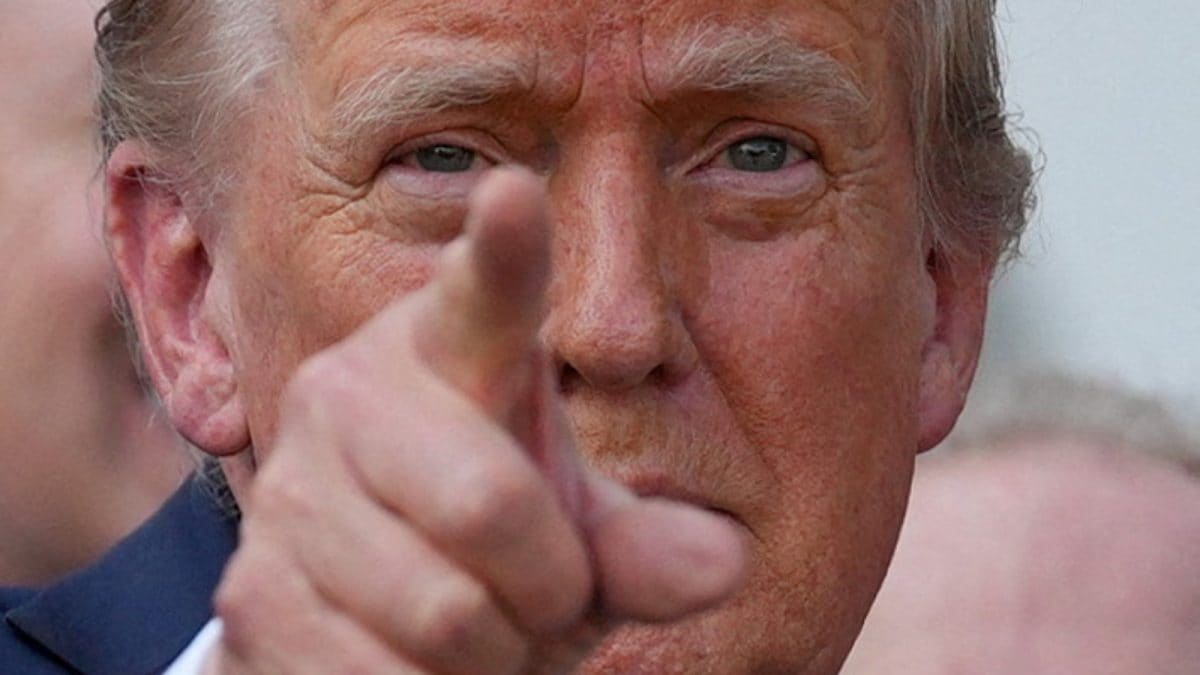ARTICLE AD BOX
The policy paper outlines recommendations to address key areas such as family recognition, anti-discrimination protections, access to queer-affirming healthcare and protection from violence.

This, however, is not the first time the Centre has taken steps to help the queer community.
Two years after the Supreme Court’s Supriyo Chakraborty verdict called for legislative changes to allow marriage equality, queer activists are now focusing on what comes next: policy reforms to ensure equal rights for LGBTQ persons.
At an event on July 12, the Keshav Suri Foundation, along with the Vidhi Centre for Legal Policy, released a set of policy recommendations aimed at making India’s legal system more inclusive of queer individuals.
The event featured a panel discussion with activists and lawyers, as well as a performance by the “Theatre of the Oppressed” highlighting daily discrimination faced by LGBTQ people.
Queer activists spoke about the continued lack of recognition for “chosen families,” and how legal and policy gaps often ignore or exclude the lived realities of queer people.
Former Supreme Court Justice Sanjay Kishen Kaul, who was on the five-judge bench in the Supriyo case, spoke at the event. He noted that while discrimination is a part of human society, progress has been made through long-term struggles.
He suggested that a law on civil unions may be the next step toward equality and praised the policy paper's proposal for a comprehensive family code as a starting point for broader public debate.
The policy paper outlines recommendations to address key areas such as family recognition, anti-discrimination protections, access to queer-affirming healthcare and protection from violence. These suggestions build upon submissions made to a High-Powered Committee set up by the Central Government after the 2023 Supreme Court ruling.
These proposals come after consultations with over 150 queer activists and organisations. The paper includes detailed insights into existing legal hurdles and proposes changes involving multiple government agencies.
It calls for legal recognition of queer relationships, removal of discrimination in sectors like housing, education, employment, and financial services, and improved access to healthcare, especially gender-affirming treatments.
It also recommends steps to protect queer individuals from violence, including training law enforcement and providing shelter homes.
Lawyer Arundhati Katju, who has been involved in major LGBTQ legal battles, encouraged the community to “protect the moments of joy.” Reflecting on how far the movement has come, from the 2003 Koushal verdict that upheld Section 377, to its eventual repeal and the Supriyo judgment, Katju highlighted increased visibility and acceptance of LGBTQ people.
“Today, a government committee says two queer people can have a joint bank account and name each other as nominees,” she said. “Now is the time to work with the government and push for real legislative and policy changes.”
- Ends
Published By:
Shipra Parashar
Published On:
Jul 18, 2025



.png)
.png)
.png)
















 4 hours ago
9
4 hours ago
9










 English (US) ·
English (US) ·